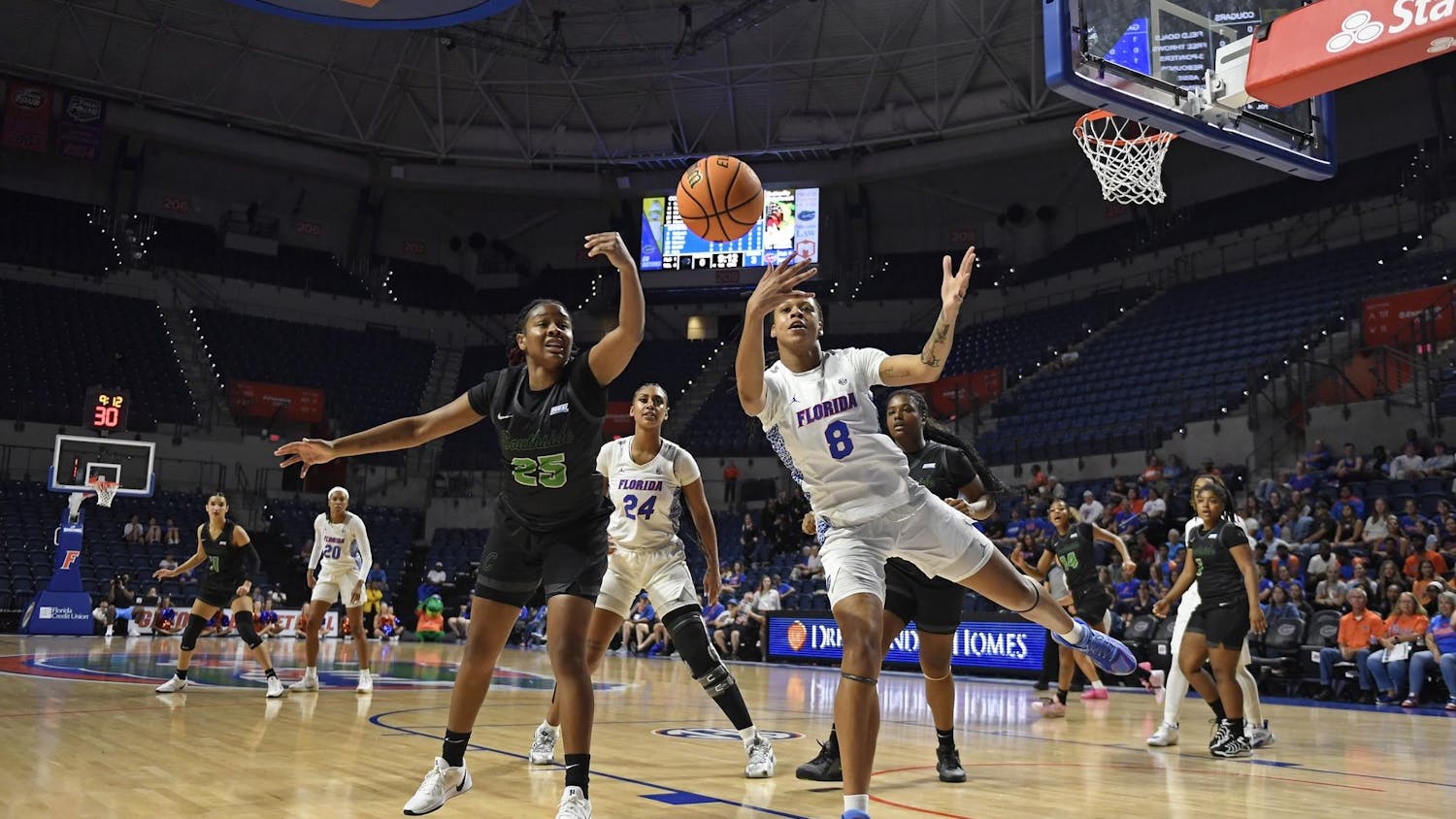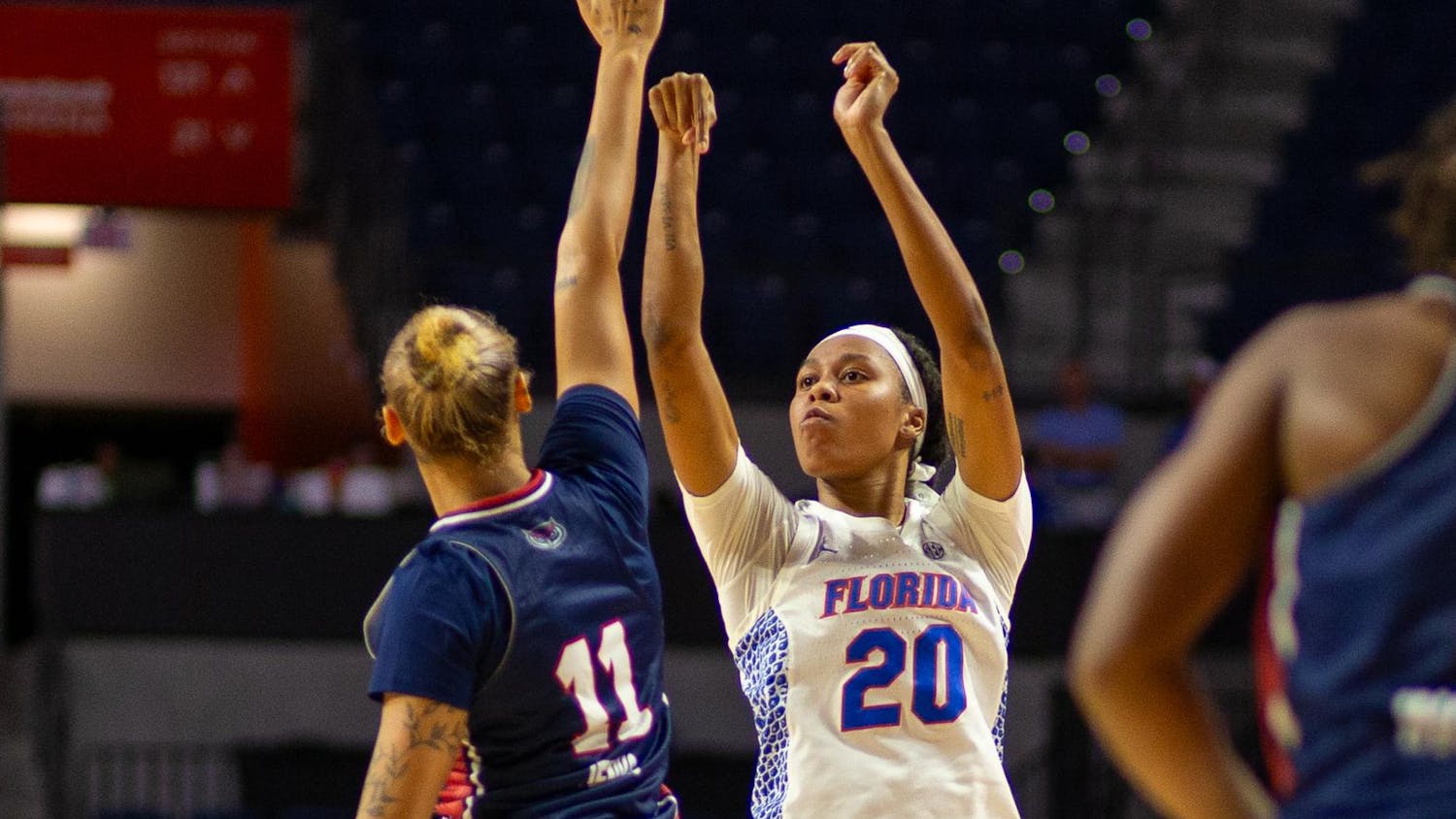University of Central Florida business professor Richard Quinn gave his 615 students an interesting dilemma this month: Fess up or get out.
After a set of midterm examination questions found its way into the hands of a couple hundred Golden Knights, Quinn told the students that those who came forward and admitted to cheating would have to take an ethics course but could stay at the school. Those who didn’t come clean and were caught would face expulsion. Most came forward.
The latest national story involving academic integrity (see: Cam Newton, FSU football team, etc.), with help from a shrewd investigation from the St. Petersburg Times, added an interesting element to the problem most college students don’t see as a problem at all.
According to the newspaper’s findings, cheating and state-funded scholarships aren’t mutually exclusive. To keep a Bright Futures scholarship, which more than three-quarters of UF students have, all a Gator’s got to do is keep a 3.0 for the highest payout and maintain a full-time course load. If a student can maintain a 3.0 while cheating his or her way through college, including being caught for it, he or she can still have a very Bright Future, indeed.
The only thing combating academic dishonesty, for example, at the University of South Florida is the unique grade of “FF” that students receive as a failing grade for cheating. But students can receive three “FF” grades before they’re kicked out for good.
At UCF, which started giving a grade of “Z” this semester for cheating students, saw 290 reported instances of academic dishonesty last year. Only one of those cases, or one-third of 1 percent, resulted in the student’s expulsion.
Florida State University and our very own UF have no grade distinction for academic misconduct. And even UF spokeswoman Janine Sikes said failing a course is common, but it’s not automatic in cases where students are caught cheating.
In 2009 alone, UF dealt with about 350 instances of cheating.
Cheating has truly become an issue that’s not really an issue. And there’s something wrong with that.
There’s something wrong with the 350 instances of reported academic misconduct at UF last year. There’s something wrong with allowing those 350 cases to affect the academic integrity of the best public university in the state of Florida. And there’s something wrong with allowing anyone who is caught violating that integrity to remain at this university.
With the money for Bright Futures quickly running out and legislators having to cut funding so that “100 percent coverage” doesn’t really mean 100 percent anymore, something needs to be done to prevent those found guilty for cheating from receiving the state-administered funds needed by others.
UF should value its academic integrity and not only develop a unique grade to distinguish a case of academic dishonesty but also develop a policy to lead to the expulsion of those who are found cheating.
To allow academic dishonesty to remain unchecked at our university is to deny the success of more honest individuals. And there’s something wrong with that.





